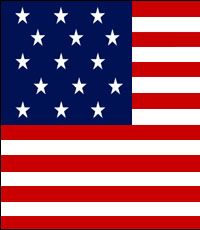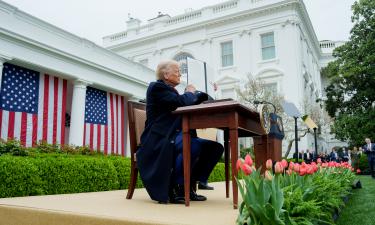United States security objections foil Israeli firm's plans
A leading Israeli software company failed to resolve security objections by the Bush administration over its plans to buy a smaller U.S. technology rival and abruptly abandoned the US$225 million ( Ђ 187 million) deal.

Check Point Software Technologies Ltd. of Ramat Gan, Israel, withdrew its plans Thursday near the conclusion of a rare, full-blown investigation by a U.S. review panel over the company's plans to buy Sourcefire Inc.
Check Point had been told U.S. officials feared the transaction could endanger some of government's most sensitive computer systems.
Lawyers for the companies offered to attach conditions to the sale that executives believed were onerous, but were intended to satisfy the concerns expressed by the review panel, said one person familiar with the process. But no agreement could be reached.
The Treasury Department, which oversees the Committee on Foreign Investments in the United States, formally accepted Check Point's request to withdraw from the review process.
The objections by the FBI and Pentagon were partly over specialized intrusion detection software known as "Snort," which guards some classified U.S. military and intelligence computers.
Snort's author is a senior executive at Sourcefire, based in Columbia, Maryland, near the ultra-secret National Security Agency.
The investigation was carried out by the same U.S. review panel that approved the now-abandoned ports deal involving Dubai-owned DP World.
Sourcefire said in a statement it was prepared to continue operating independently as a booming software security company. One financial analyst said Sourcefire may limit future transactions with U.S.-based companies to avoid another security review.
"Given the CFIUS concerns, they may have to limit their potential partners," said Peter Kuper of Morgan Stanley. "A U.S. acquirer would be a lot simpler and cleaner."
In private meetings between the panel and Check Point, FBI and Pentagon officials objected forcefully to letting any foreign company acquire some sensitive Sourcefire technology for preventing hacker break-ins and monitoring data traffic, an executive familiar with the discussions previously told The Associated Press. This executive spoke on condition of anonymity because government negotiations are supposed to remain confidential.
Under the sale, publicly announced Oct. 6, Check Point would have owned all Sourcefire's patents, source-code blueprints for its software and the expertise of employees.
The review panel privately notified Check Point on Feb. 6 it intended to fully investigate the transaction's security risks, the executive said. That was days before the furor erupted over the Dubai ports deal.
Check Point disclosed the news to investors Feb. 13, but the announcement drew little attention despite escalating scrutiny and interest in Washington over such reviews.
The U.S. committee has concluded only 25 full-blown investigations in more than 1,600 business transactions it has reviewed since 1988. In roughly half the investigations, companies pulled out of the deal rather than face imminent rejection, reports theAP.
D.M.
Subscribe to Pravda.Ru Telegram channel, Facebook, RSS!




